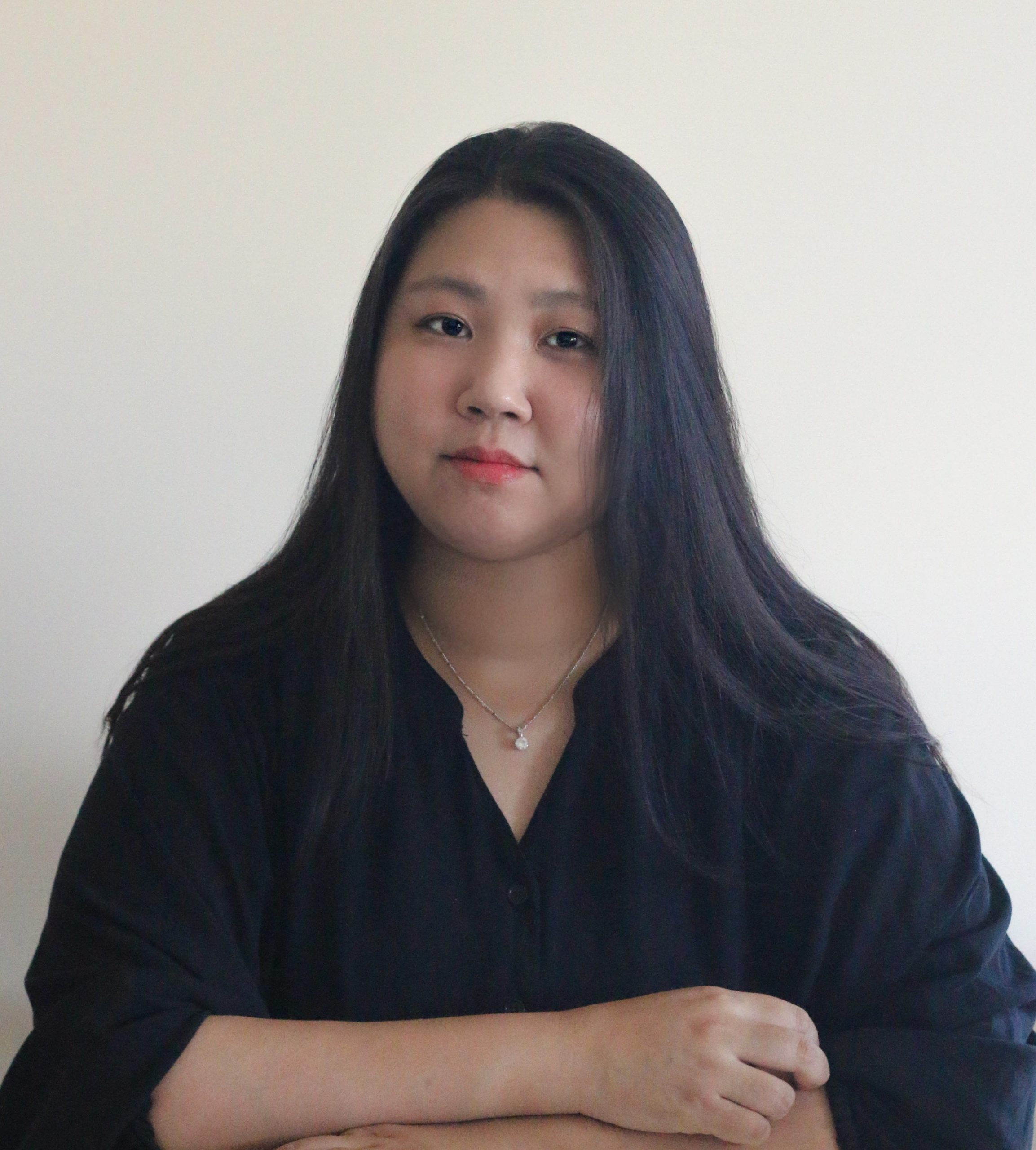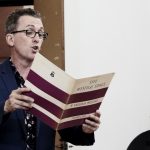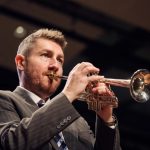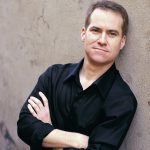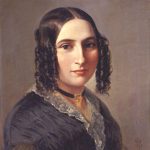Now that Chloe, one of Chorale’s sopranos, is part of our musical leadership team, we felt it was the perfect time to get to know her a little better. Read on to find out about her extensive musical background, which works are on her conducting “bucket list” and who she regards as her main conducting heroine.
Tell us a little about your early life – what made you realise you wanted your future to be in music?
Growing up in a musical family, especially with my father as a professional choral conductor, I have always been immersed in music. My first choir was the World Vision Children’s Choir, which I joined when I was seven years old. Growing up in a Christian family, too, meant that music was always the closest way that I felt a connection to God, something that I always valued growing up. I feel that I always knew that I would be a musician from a very young age – it wasn’t really a realisation, more that it felt like the natural course that my life would take.
Your degree was a Bachelor of Music in Choir Conducting at Hyupsung University, but we also know you as a soprano. What led to your decision to study conducting?
After graduating from an arts high school, majoring in classical vocal, I realised the great appeal of teaching and leading others to make sound as a whole. I also had a lot of trouble growing up as a classical vocal singer when trying to properly manage my voice. Singing in a choir, sometimes you don’t realise how to sing in a healthier way, so I wanted to not only learn how to do this but also give proper instruction to others as well. Finally, being a conductor doesn’t mean I can’t sing – I still get to do both!
Tell us a bit more about the choral music scene in South Korea and how it’s different from what we have in Australia?
As Korea is such a small country, full of musicians – Koreans are born to be good singers! – each city’s government creates their own choral group. Even tiny churches have their own choir for each service they run, with paid conductors and soloists. There are also numerous professional and semi-amateur choirs that music majors can work in. Of course, the competition is fierce, but if you study hard there are plenty of opportunities and guaranteed positions where you can use your musical degree as your career.
When I moved to Australia, especially Queensland, although there were many high-quality choirs, talented young musicians (who amazed me when we performed with QYO) and so many wonderful semi-professional chorales and community choirs, I felt that the opportunities presented to me as a professional musician were far more limited.
How are you feeling about your appointment as Brisbane Chorale’s Assistant Conductor?
I am incredibly honoured to work with Emily and Justine in this position. As a member, I always loved performing beautiful music with Brisbane Chorale and I have always been met with kindness from our members, so I was really happy to take this position where I can be a part of the music team and contribute to the Chorale with my skill set. I am only just starting out my career in Australia so I am very thankful to have been given this wonderful opportunity.
Which conductors or singers are your heroes and why?
Yeo Ja-kyung is a Korean orchestra conductor who started her career in Vienna. She always said that, as an Asian woman, she faced a lot of prejudice while working overseas. Despite this, Yeo Ja-kyung was able to cut out criticism about being Asian or a woman, and focused only on that which would help her grow and improve as a conductor.
When I came to Australia, there was a time where I felt insecure both as a minority in this country and as a mother. I questioned whether I could continue my career as a conductor. I think a lot of female musicians have the same concerns after starting a family. I feel the answer to this is in how Yeo Ja-kyung focused on being more prepared and stronger in her music, allowing one to take a chance and continue our careers as musicians.
Do you have a “bucket list” of works you’d like to conduct and if so, what’s on it?
There are a lot of works that I would love to conduct but the one work that I would love to do the most is Felix Mendelssohn’s first oratorio, Paulus. I performed this song when I was twenty-three years old and it really opened my eyes to the genius of Mendelssohn’s works. I had always perceived his compositions to be the kind of beautiful melodies that one could comfortably listen to, the kind that a composer who had lived quite a luxurious life might create, in contrast to those composers who faced struggle in their lives. My experience studying and singing Paulus led me to really feel and experience his genius and storytelling. It is the type of work where the music emotionally communicates the story to you, even without an understanding of the German text. This is particularly felt in the final song in Part One, ‘O welch eine Tiefe des Reichtums’, when the scales fell from Saul’s eyes and he became Paul. That moment led to many singers in the choir tearing up because they were touched emotionally, which really showed me the power of music.
Besides music, do you have any other special talents or skills you’d like to share with us?
I love cooking. I particularly love making Korean dishes, especially ones my grandmother used to make.

